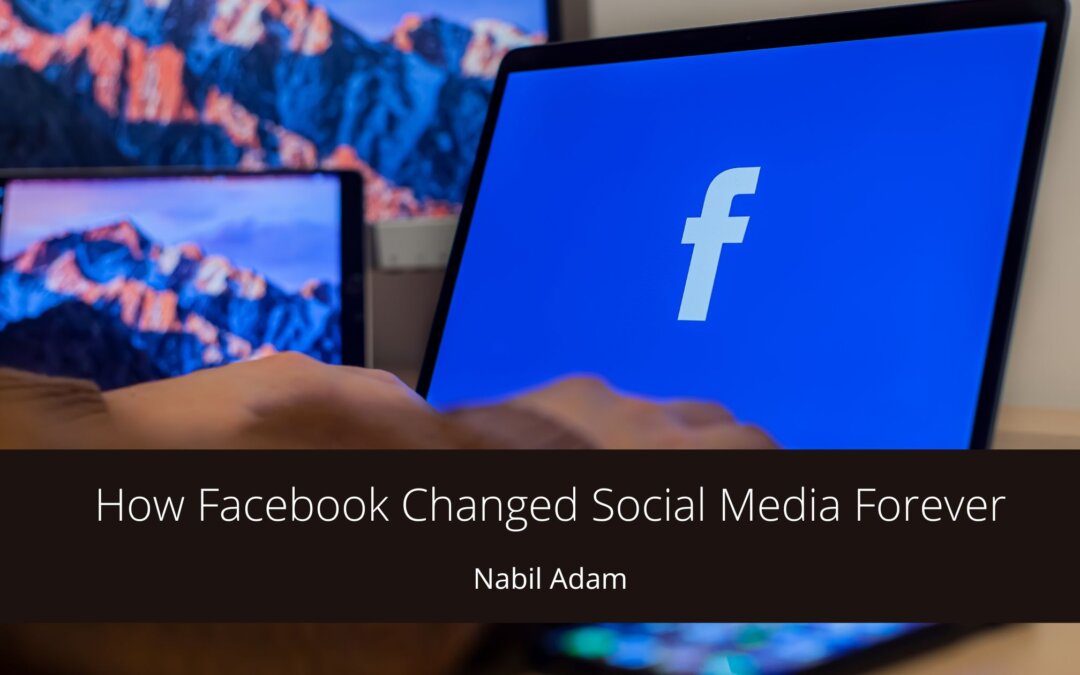Facebook, founded by Mark Zuckerberg in 2004, has undoubtedly revolutionized the social media landscape and left an indelible mark on society. With its innovative features, extensive user base, and far-reaching impact, Facebook has changed how people connect, share information, and engage online.
Here are some key ways in which Facebook has transformed social media forever.
Global Connectivity:
Facebook brought the concept of social networking to the masses, allowing individuals from all corners of the globe to connect and interact with each other. It transcended geographical boundaries, enabling friends, family, and even strangers to build relationships, share experiences, and exchange ideas in previously unimaginable ways.
Profile-Based Identity:
Facebook introduced the concept of personal profiles, where users could create a digital representation of themselves. These profiles allowed individuals to share personal information, interests, and photos, giving rise to a new form of self-expression and identity in the digital realm. It reshaped the notion of online presence and became a virtual extension of one’s offline self.
Sharing and User-Generated Content:
Facebook made it incredibly easy for users to share their thoughts, experiences, and creations with their networks. The platform facilitated the widespread dissemination of user-generated content, from personal updates to photos, videos, and creative works. This democratization of content creation empowered individuals and gave rise to a new era of digital expression.
Social Engagement and Communication:
Facebook transformed the way people communicate and engage with each other online. The platform introduced comments, likes, and shares, enabling users to interact with posts, express their opinions, and engage in conversations. Facebook also pioneered the integration of instant messaging and video calls, facilitating real-time communication and fostering connections across vast distances.
Impact on Businesses and Advertising:
Facebook’s vast user base and extensive targeting capabilities have made it a powerful platform for businesses and advertisers. With its advertising tools, companies can reach specific demographics, target niche markets, and measure the effectiveness of their campaigns.
Social Impact and Activism:
Facebook has played a pivotal role in social impact and activism. It has been instrumental in mobilizing communities, raising awareness about social issues, and connecting like-minded individuals for collective action. Facebook events and groups have facilitated the organization of protests, fundraisers, and movements, amplifying voices and driving social change.
Data Privacy and Ethical Concerns:
Facebook’s immense influence has not been without controversy. The platform has faced scrutiny regarding data privacy, security breaches, and the misuse of user data. These concerns have sparked important discussions about privacy rights, the ethical responsibilities of tech companies, and the need for stronger regulations in the digital space.
Facebook’s impact on social media has been far-reaching and profound. It has transformed how people connect, communicate, and share information, reshaping interpersonal relationships and the digital landscape. As Facebook continues to evolve, its influence will continue to shape social media’s future and redefine how we interact in the online world.

